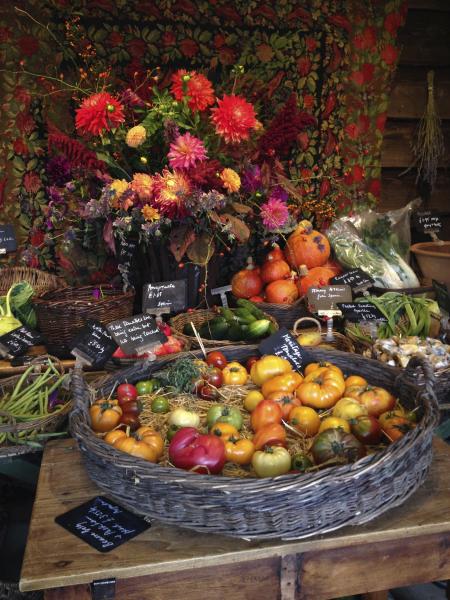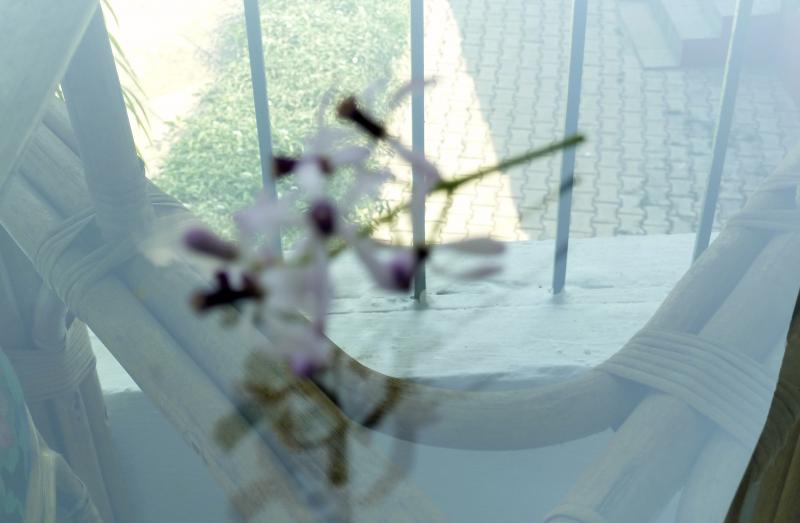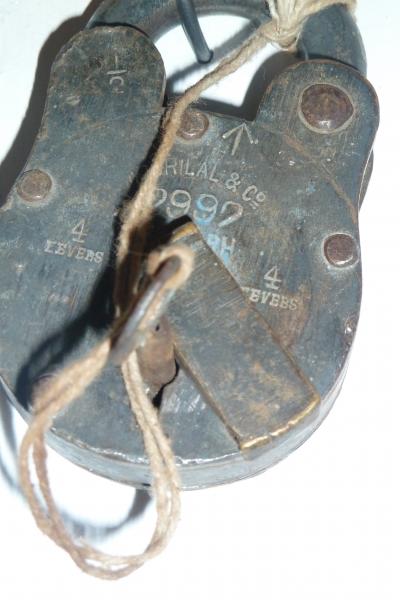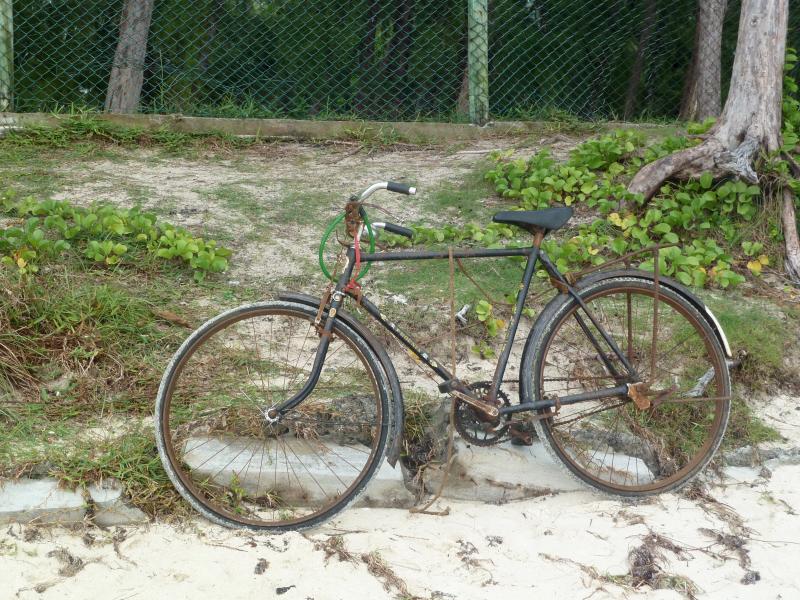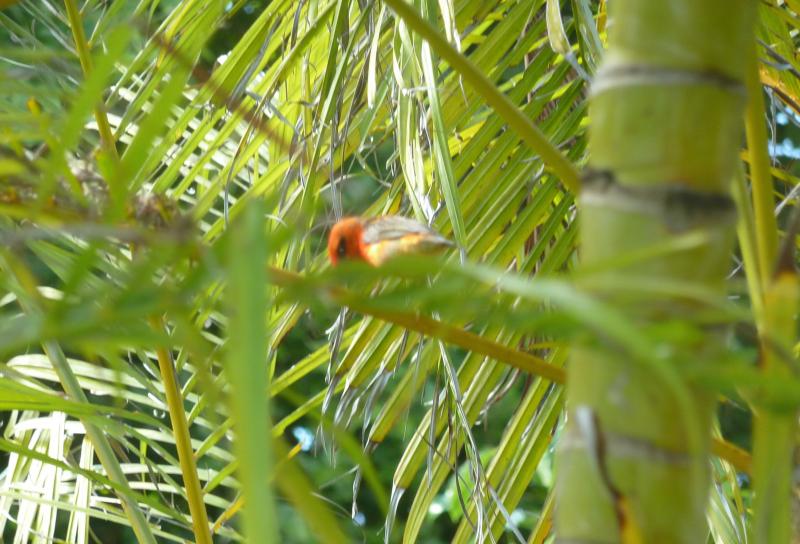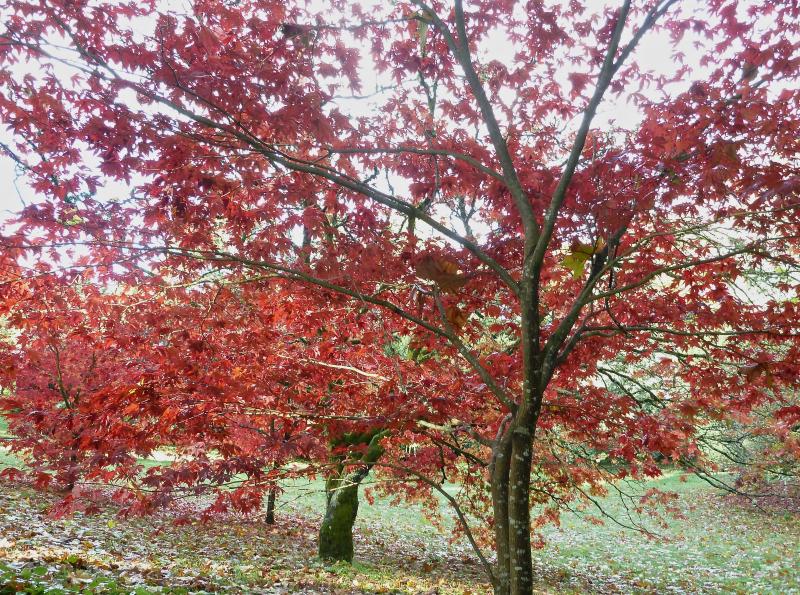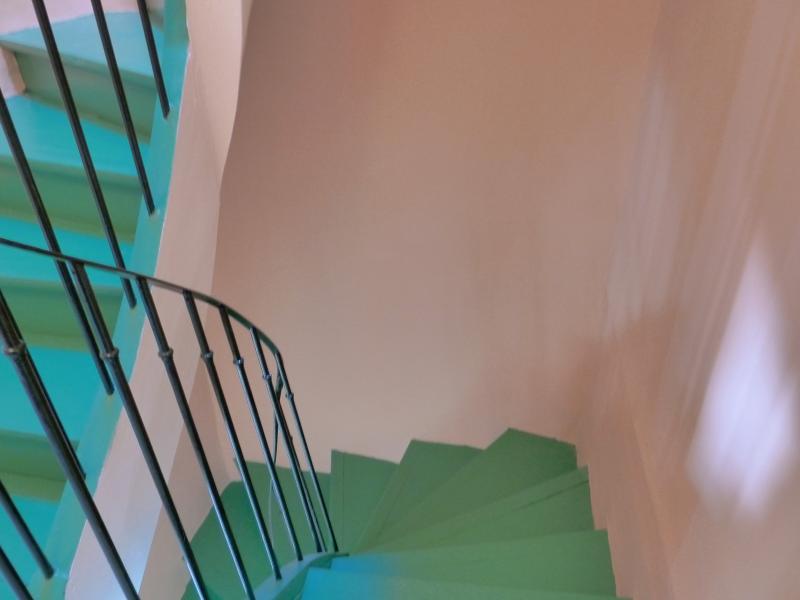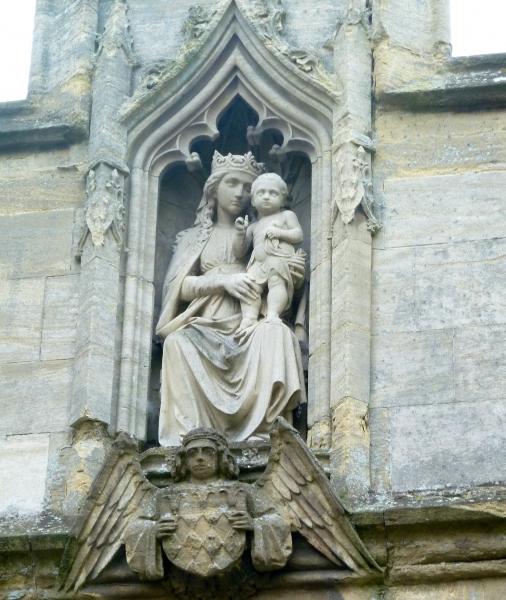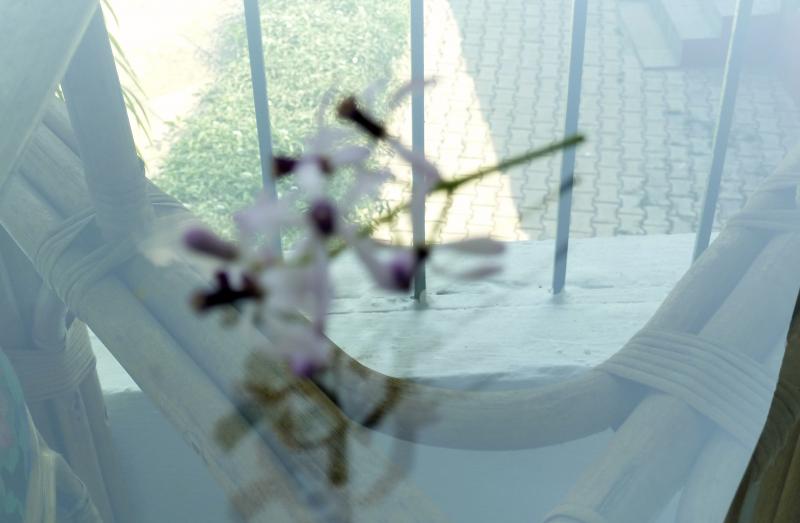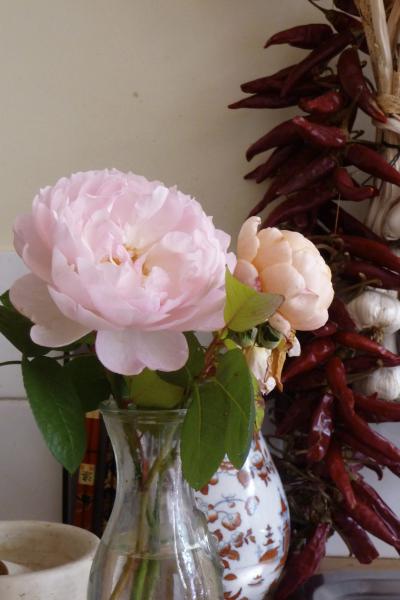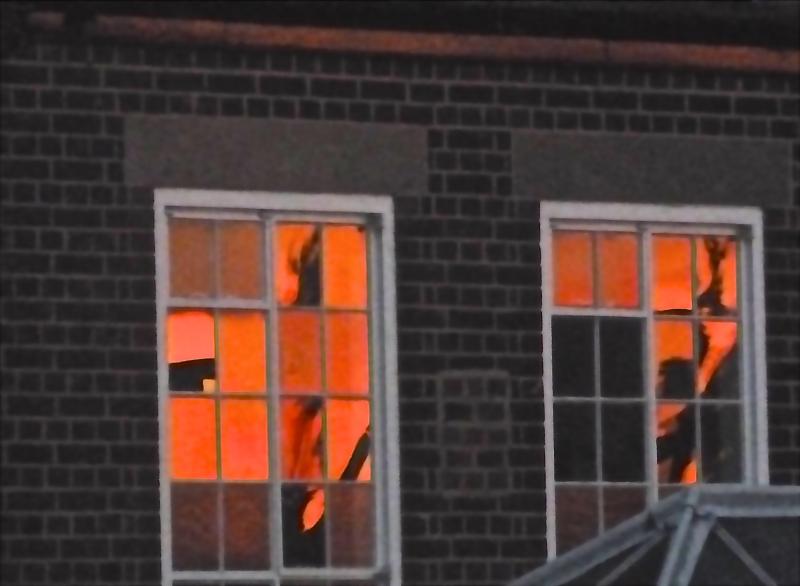
Twenty years ago, in the early 90’s of the last century, I was already blogging- after a fashion. This week I unearthed a cache of articles that had been published in The Pioneer of New Delhi. This short-lived daily set off with high hopes, but spluttered to a bankrupt halt after only four or five years; and I never got paid for my Oxford Diary, even though I presented myself at their offices every time I visited Delhi and held out my hand in supplication.

The Cherwell in full spate
Swimming in nostalgia for times gone by, yesterday I dashed to the University Parks, dodging the showers, and took some pictures of “Parson’s Pleasure”, which is no more, besides being nearly inundated in the summer floods. What looks like a stairway of steps are the rollers over which flat-bottomed punts were hauled after ladies had disembarked in order to skirt the area known as Parson’s Pleasure, which was the nudist bathing place for the gay male exhibitionists of the University (and doubtless City too).
I seem to remember that the nudists disported themselves on a narrow island known as Mesopotamia, which was only 800 yards by 30. In Greek it translates as “between the rivers” and referred originally to the land between the Tigris and the Euphrates in modern Iraq. This small green strip could have been the backdrop for a protest, a happening a film or a play during the Iraq war but presumably no one thought of it. The Domesday Book records a watermill and milling continued at this spot until 1825.
Among the hundreds of Oxford anecdotes about eccentric dons is the story of one who covered his face rather than his nether regions when a party of ladies chanced upon the sunbathers. “My students only know me by my face,” was his explanation.
Transcript of the original article of March 29 1992
From The Pioneer of March 29 1992
One can be certain that some Oxford traditions will never go the way of the Dodo; the post prandial passing, clockwise, of the port and madeira at High Table, the formal black and white garments known as sub-fusc, worn at exams and degree ceremonies (keeping tourists happy) and bicycling.But other traditions, especially those tainted by any whiff of sexism, are flying out of Oxford’s Gothic embrasures. One eccentricity, particularly in the context of climatic conditions in these parts, was the propensity of certain males to swim and sunbathe in the nude. The venue was a strip of embankment, known as Parson’s Pleasure along the Cherwell, which meanders through the University Parks. For the past 300 years it was reserved solely for fresh air fiends and out of bounds to ladies. However, as the main punting course went straight past this male enclave, ladies would hop off their flat-bottomed barques, legging it to a point where they were visually safe from the alarming sight of male genitals; the alternative was to coyly mask one’s eyes. The punt was either dragged over the rollers (pictured above) or continued its journey past Mesopotamia poled by a male punter.
Latterly, ever since full frontal nudity became commonplace on the domestic screen, not many women bothered with the subterfuge and stifled giggles could be heard among the weeping willows on langorous summer afternoons.
The University has now decreed that it’s curtains down for Parson’s Pleasure, although Dame’s Delight may continue, since women have always followed a decent dress code. Surprisingly the ban hasn’t provoked howls of protest from traditionalists, but the decision by Somerville College to admit male students from 1993 has brought about a furious reaction from the majority of its all-women student body.
The very last male preserve, Oriel College, surrendered to the pervasive trend for mixed colleges seven years ago. Now only Somerville and St Hilda’s remain only for women. The students who apply to these colleges make a brave statement by going against the norm, but the most important underlying issue is about gender proportion, which remains unbalanced, with three men to two women. There are complex reasons for this, but it is generally admitted that selection procedures favour men, as most of the selectors are themselves men, and conservative ones at that.
“We can shout, we can fight, we won’t go ’til the number’s right!”

In 1886 Sorabji received a first-class degree from Deccan College, Poona. She was the first woman to be a admitted to the college, but because of her gender she was unable to take up a scholarship to a British university. Instead she taught at Gujarat College, but in 1888 she went to Somerville Hall, Oxford. She read the Bachelor of Civil Law and in 1892 became the first woman to sit for the examination.
Somerville- alma mater to Indira Gandhi, Margaret Thatcher, Dorothy Hodgkin and Cornelia Sorabji– is plastered with angry red stickers (Somerville Says No) and the feminist lobby is in anguish because they went there to get away from men. The Junior Common Room is taking the college to court for contempt of contract, but the European Court of Human Rights takes a dim view of positive discrimination so it looks like the men are going to win- again.
One never hears the expression”Bluestocking” any more. It was used to describe frightfully clever girls at Girton, Newnham, St Hilda’s and Somerville and was a sort of compliment, but not of the genre of “she’s a raving beauty!” In Oxford it lingers on as the name of a shop, “Bluestocking”, which caters to the sartorial needs of the thinking classes with its sober navy and white, well-cut and expensive classics. The term first circulated in Venice in 1400 and was adopted by Parisians in the late 16th century where it translated as bas-bleus.
Blackwells Bookshop, one of Oxford’s magnificences, was thronged by fans of Wendy Cope’s verse. Most were bright-faced undergrads eager to hear her read from her new collection, Serious Concerns. Her voice has appeal for young men as well as women even though her barbs are aimed at unreliable lovers and bad versifiers (all male). She follows the tradition of Edward Lear, Stevie Smith, Belloc, Betjeman and Roger McGough. She likes rhyme and her dry whimsical verse contains enough acid “to worsen people’s digestion,” she she herself puts it.
“Poem Composed at Santa Barbara” has echoes of Lewis Carroll as well as T.S. Eliot:
The poets talk. They talk a lot
They talk of T.S. Eliot
One is anti. One is pro.
How hard they think! How much they know! They’re happy. A cicada sings.
We women talk of other things.
Meanwhile the recession grows apace. Our local pub used to be a hideous, grease-encrusted, smoke-infested den of low life. Now it’s transformed, with old leather armchairs, open fires and excellent grub. Charles the landlord always bellows “Namaste” when he sees me and then degenerates into “Ek do teen char panch” (one two three four five) after which his Hindi runs dry. He was in the Army with the Gurkhas. Sadly, not many can afford to go out for a pint these days and keep themselves amused in unsociable ways like hobnobbing with their tellys instead. Now that the Election campaign is in full swing, perhaps sheer boredom with Messrs Major, Kinnock et al will drive them back to The Anchor.
Hey, there was a recession in the nineties! I had clean forgotten.

copper beech in the University Parks

The Cherwell meandering through the University Parks

Emulating Alice













